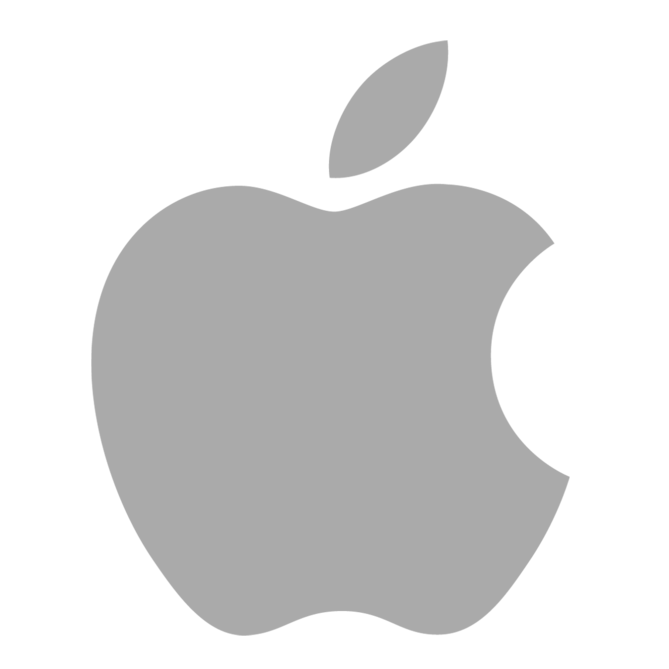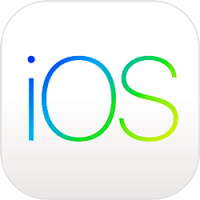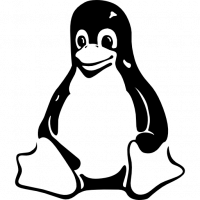Giriş
Önde gelen oyun geliştirme platformu Unity, oyun geliştiricilerine açık kaynak platformunda yaratıcılıklarını ortaya çıkaracak güçlü araçlar ve kaynaklar sunarak Linux topluluğuna erişimini genişletiyor. Bu makalede, Unity'nin Linux ile uyumluluğuna, desteklediği belirli Linux dağıtımlarına ve onu bu platformda oyun geliştirme için vazgeçilmez bir araç haline getiren özelliklere bakacağız.
Desteklenen Linux dağıtımları
Unity resmi olarak aşağıdaki Linux dağıtımlarını desteklemektedir:
- Ubuntu (sürüm 16.04 LTS ve sonrası)
- CentOS (sürüm 7 ve sonrası)
- RHEL (Red Hat Enterprise Linux) (sürüm 7 ve sonrası)
- Fedora (sürüm 24 ve sonrası)
Bu dağıtımlar çok çeşitli Linux kullanıcılarını kapsar ve çeşitli ortamlardaki geliştiriciler için erişilebilirlik ve uyumluluk sağlar.
Temel Özellikler
- Çapraz platform geliştirme: Geliştiricilerin Windows, macOS, Android, iOS ve büyük oyun konsolları dahil olmak üzere birden fazla platform için oyun oluşturmasına olanak tanır. Bu çapraz platform işlevselliği, geliştiricilerin daha geniş bir kitleye ulaşmasını ve oyunlarının potansiyelini en üst düzeye çıkarmasını sağlar.
- Gerçek zamanlı işleme: Unity'nin gerçek zamanlı işleme motoru, Linux sistemlerinde bile çarpıcı grafikler ve gerçekçi efektler sunar. Geliştiriciler, genel oyun deneyimini geliştirmek için dinamik aydınlatma, gölgeler ve parçacık efektleri ile sürükleyici oyun ortamları oluşturabilirler.
- C# ile komut dosyası oluşturma: Unity, Linux'ta birincil komut dosyası dili olarak C# kullanır ve geliştiricilere oyun mantığını ve mekaniğini kodlamak için tanıdık ve güçlü bir ortam sağlar. C# için kapsamlı dokümantasyon ve topluluk desteği, geliştiricilerin öğrenmesini ve ustalaşmasını kolaylaştırır.
- Unity Editor: Unity Editor, oyun tasarlamak, prototip oluşturmak ve test etmek için kullanıcı dostu bir arayüz sunan zengin özelliklere sahip bir IDE'dir (entegre geliştirme ortamı). Oyun geliştirme sürecini basitleştirmek için sahne düzenleme, varlık yönetimi, hata ayıklama ve performans profili oluşturma araçları içerir.
- Asset Store: Unity Asset Store, oyun geliştiricileri için çok çeşitli 3D modeller, dokular, animasyonlar, komut dosyaları ve eklentiler sunan bir kaynak hazinesidir. Linux kullanıcıları, oyunlarını geliştirecek ve geliştirmeyi hızlandıracak varlıkları bulmak için bu pazara erişebilirler.
- Fizik ve Animasyon: Unity, geliştiricilerin gerçekçi karakter etkileşimleri ve hareketleri oluşturmasına olanak tanıyan sağlam fizik ve animasyon sistemleri içerir. Sert gövde fiziği, ragdoll fiziği ve Mecanim animasyon sistemi gibi özellikler, geliştiricilere ilgi çekici bir oyun yaratmak için ihtiyaç duydukları araçları sağlar.
- Sürüm Kontrolü ve İşbirliği: Unity, Git ve SVN gibi sürüm kontrol sistemlerini destekleyerek geliştiricilerin proje sürümlerini yönetmesine ve ekip üyeleriyle etkili bir şekilde işbirliği yapmasına olanak tanır. Bu, oyun geliştirme süreci boyunca uyumlu ekip çalışması ve koordinasyon sağlar.
- Performans Optimizasyonu: Unity, Linux'ta oyunların performansını optimize etmek için Profiler, Frame Debugger ve Performance Reporting gibi yerleşik araçlar sağlar. Bu araçlar, performans darboğazlarını belirlemeye ve ortadan kaldırmaya yardımcı olarak çeşitli Linux dağıtımlarında sorunsuz bir oyun deneyimi sağlar.
Sonuçlar
Unity for Linux, oyun geliştiricilerine açık kaynak platformunda yüksek kaliteli oyunlar oluşturmaları için kapsamlı bir araç ve kaynak seti sunar. Ubuntu, CentOS, RHEL ve Fedora gibi popüler Linux dağıtımlarını destekleyen Unity, çeşitli ortamlardaki geliştiriciler için erişilebilirlik ve uyumluluk sağlar. İster hobi amaçlı ister profesyonel bir oyun geliştiricisi olun, Unity yaratıcı fikirlerinizi Linux üzerinde hayata geçirmek için ihtiyaç duyduğunuz özellikleri ve esnekliği sağlar.

































